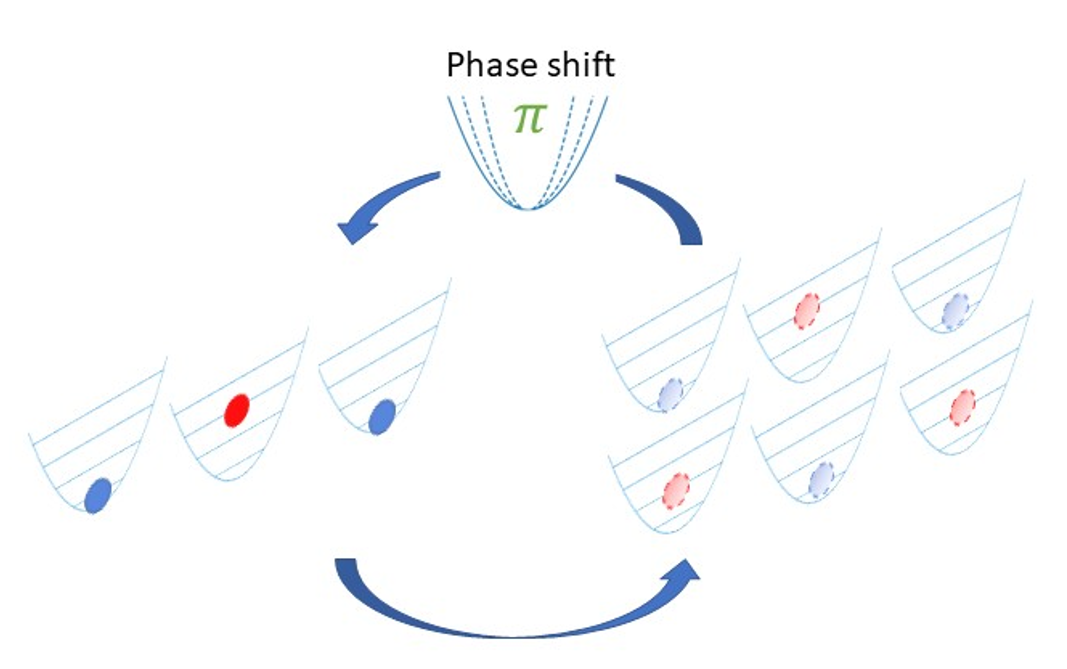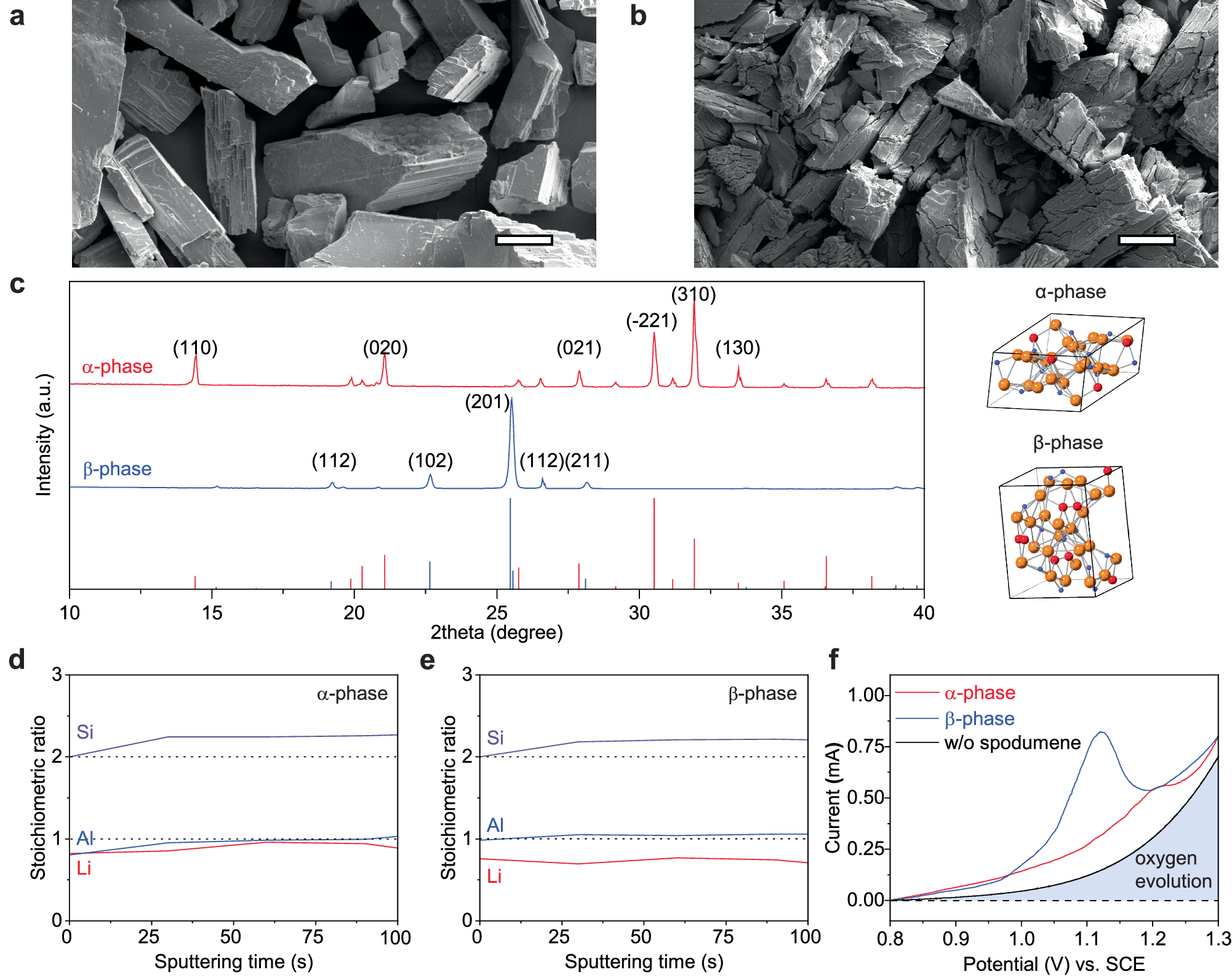2025-02-04 カナダ・コンコーディア大学
<関連情報>
- https://www.concordia.ca/news/stories/2025/02/04/nanomaterials-are-emerging-as-a-powerful-tool-for-coastal-oil-spill-cleanup-say-concordia-researchers0.html
- https://pubs.rsc.org/en/content/articlelanding/2025/en/d4en00954a
沿岸地域における油流出対応と浄化のためのナノテクノロジー Nanotechnology for oil spill response and cleanup in coastal regions
Huifang Bi,Catherine N. Mulligan,Kenneth Lee, Baiyu Zhang,Zhi Chen and Chunjiang An
Environmental Science:Nano Published:18 Nov 2024
DOI:https://doi.org/10.1039/D4EN00954A
Abstract
Oil spills frequently cause devastating impacts on coastal ecosystems and communities. Spill response methods for coastal regions, such as spill-treating agents, sorbents, and bioremediation, may face constraints due to environmental concerns, limited absorption capacity, and low effectiveness. Fortunately, the emergence of nanomaterials with unique properties has introduced promising solutions for coastal oil spill remediation. These nanomaterials have shown great potential in oil removal, recovery, and degradation through different mechanisms. Nanoparticles or nanocomposites can interact with spilled oil by breaking it into small droplets and forming stable Pickering emulsions. They can also remove oil from water by absorption, adsorption, or in combination with both due to their large surface area and numerous sorption sites. Furthermore, some nanomaterials possess catalytic activity to speed up the degradation of petroleum hydrocarbons into less harmful compounds. Moreover, the introduction of nanomaterials can be beneficial for bacteria proliferation, nutrient supply, and maintenance of favorable conditions, thereby accelerating the oil biodegradation process by microorganisms. In this perspective, we discussed the interactions between nanomaterials and oil, as well as their applications in various coastal oil spill response methods.




